Tropic Sprockets / The Many Saints of Newark
By Ian Brockway
Few shows have captured the pop-culture imagination as much as The Sopranos on television. One part The Godfather and one part The Honeymooners, with a dash of Freud and existentialism, the episodes were groundbreaking in their domestic treatment of a mafia family. The HBO show compelled the nation during its six season run beginning in 1999.
“The Many Saints of Newark” is a prequel and even if it does not tread into new territory, it is engaging, enjoyable and suspenseful with intrigue.
Young Tony (William Ludwig) is traveling with his Uncle Dick (Alessandro Nivola) to welcome his uncle’s father (Ray Liotta) and his new wife Giuseppina (Michela De Rossi), she of a Sophia Loren aura. Uncle Dick deeply resents his father’s abuse of his wife.
Uncle Dick is in charge of neighborhood protection and notices that someone on his team, Harold (Leslie Odom Jr.), is staking out his own turf and wants to make it big. Uncle Dick is simmering with rage.
Tony adores his uncle. He evolves into a bemused teen with a curious smile that slowly ripples across his face. Teenaged Tony is played by the late James Gandolfini’s son Michael and he is entrancing to watch. Tony wants to be a good kid but he is restless due to the confining gray atmosphere of Newark, New Jersey. In one good scene, Tony roughs up the ice cream man and gives out free ice cream.
In dark humored fashion, Tony is sent to a family funeral seemingly every week. During every gathering he sits like a rock with a quizzical spark in his eye, his mind always running. His character feels a shade of Steven Spielberg with a pinch of Camus.
Uncle Dick becomes more and more angry, lashing out at his father and beginning a romance with stepmom Giuseppina. Frustrated by his rage and wanting advice, Dick seeks out his father’s brother (also played by Liotta) who is in prison for murder. He is Zen and quotes wisdom, attempting to calm Dick down. It soon becomes clear that Uncle Dick is a sociopath.
An amusing touch is the realization that Tony’s mother (Vera Farmiga) is uncannily like his future wife Carmela (Edie Falco), while the school guidance counselor Mrs. Jarecki (Talia Balsam) bears a resemblance to Tony’s psychiatrist (Lorraine Brocco) that he turns to in later life.
Interestingly, the environs of Newark look ultra-gloomy, nearly Apocalyptic. Empty shattered buildings are ubiquitous and gray tones overwhelm any hint of the natural world, bringing to mind the ennui of a pandemic without shoppers.
From the soda fountain to the restaurant, all is desolate and melancholy. Young Tony, pale and pensive could be an Edward Scissorhands or a bereft Bruce Wayne on a New Jersey Halloween. After all Tony Soprano is a figure of culture as potent as Tim Burton or Batman.
This is a city in the throes of a race riot. The sky is aflame.
There is quiet mystery to Tony as if he could go either way to the side of darkness or light. What comes across too is the perception of adults as strange creatures. Adults walk in a path of wrinkles, stepping with a halting shuffle, their bony fingers—prehensile mouths—hungry for a child’s cheek.
Though the film is in many ways a singular portrait of Uncle Dick, the moment when Tony looks slyly at his prone relative and raises a pinky-promise, the film is an entertaining Trick or Treat joke, underscored by the beloved rhythmic theme. The prequel works very satisfyingly (aside from its self-conscious winks) precisely because Tony is so iconic within our popular consciousness, reaching a kind of intimacy close to affection. We are all curious about the origin of the familiar.
Write Ian at [email protected]
[livemarket market_name="KONK Life LiveMarket" limit=3 category=“” show_signup=0 show_more=0]
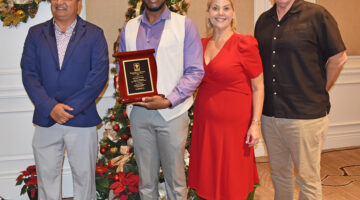
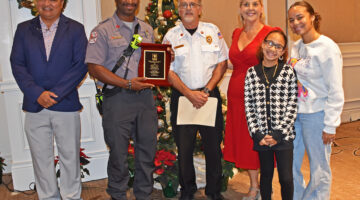
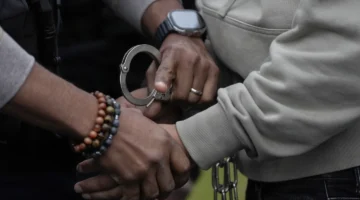
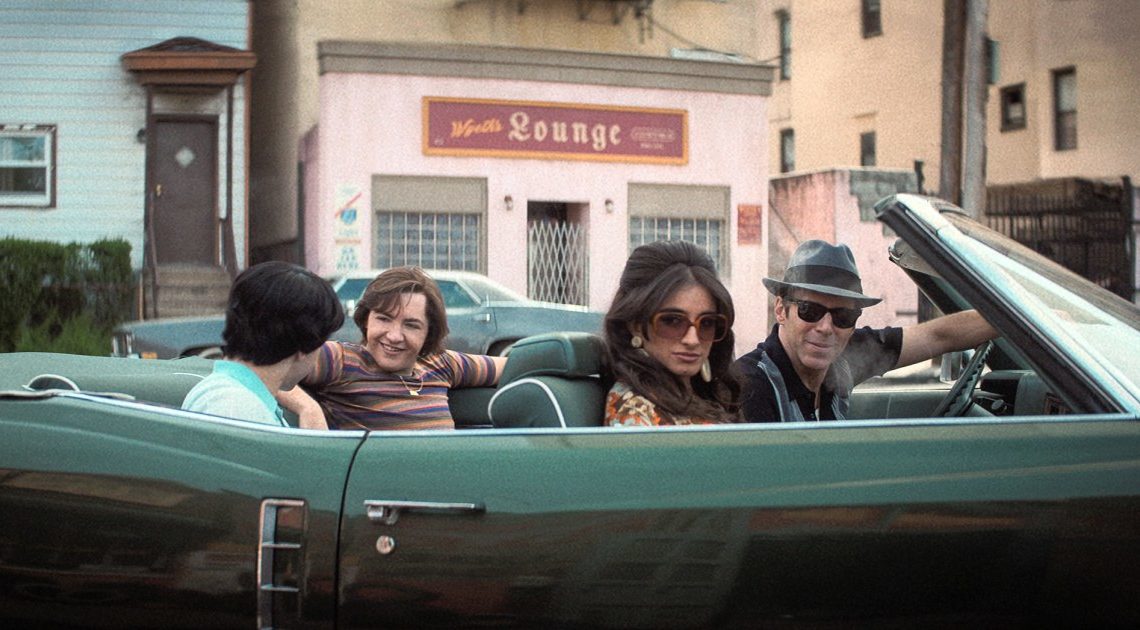


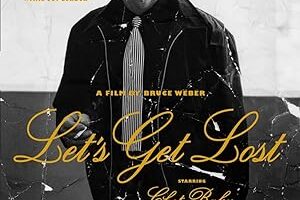
No Comment